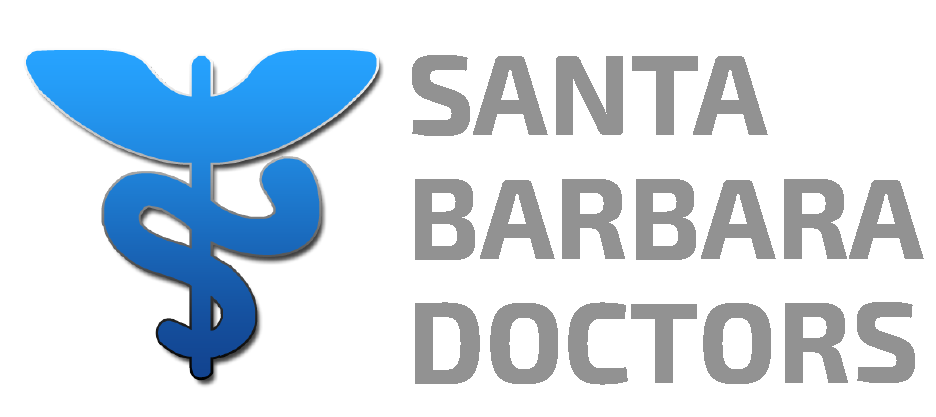November 2018 ExtraCare Newsletter

November 2018 ExtraCare Newsletter

Fall is in the air and believe it or not, we may actually see some long overdue rain! As you shop for those Thanksgiving groceries, I remind you of the reasons to buy organic and I also discuss the controversial topic of vitamin D supplementation. Just a friendly reminder that the office will be closed this Thursday and Friday for the Thanksgiving holiday. During this time of Thanksgiving I hope you all get a chance to relax and unwind with family and friends.
Eating Organic Food May Decrease Your Cancer Risk

I came across an interesting article published recently in JAMA Internal Medicine which I thought I would share with you. French researchers conducted a population-based prospective cohort study to determine how an organic food-based diet affects cancer risk. The researchers enrolled 68,946 adult volunteers from France with an average age of 44 yo and followed them for eight years.
Participants provided information on how frequently they consumed organic products, such as fruits, vegetables, soy-based products, dairy products, meat and fish, eggs, grains and legumes, bread and cereals, flour, vegetable oils and condiments, coffee and tea, wine, and dietary supplements. The researchers measured the frequency of the participants’ consumption of organic products as “never,” “occasionally” or “most of the time.”
During follow-up, the researchers identified 1,340 first-incident cancer cases; of these, 34.3% were breast cancers, 13.4% were prostate cancers, 10.1% were skin cancers, 7.4% were colorectal cancers, 3.5% were non-Hodgkin lymphomas and 1.1% were other lymphomas.
Participants with the highest organic food consumption scores had a lower overall risk for cancer compared with those with the lowest score.
Higher organic food consumption was associated with reduced risks for specific cancer sites, including postmenopausal breast cancer, non-Hodgkin lymphomas and all lymphomas.
It certainly makes sense that eating foods grown without pesticides could reduce your risk of cancer but seeing the data verified with a large scale study definitely reinforces that belief.
I hope that the next time that you find yourself staring at the apples in the grocery store, debating whether or not you should by organic, you will remember these results and always choose organic.
Vitamin D Supplementation – Should you or shouldn’t you?

The medical community has been trying to answer this question for years and with multiple studies being published often with conflicting results, it’s no wonder that you don’t know what to do. Throw into the mix the fact that the supplement industry is a multi-billion dollar industry which depends on the sale of supplements to survive and the vitamin D conspiracy theory, https://www.nytimes.com/2018/08/18/business/vitamin-d-michael-holick.html, and the issue gets even more confusing.
This past month, two major studies were published, again trying to answer this question and again reporting conflicting results.
The first study was a retrospective study out of Brazil published in the Journal Menopause. It compared 210 patients recently diagnosed with breast cancer with age matched controls. In addition to noting that the breast cancer group had higher obesity rates, they found that the breast cancer group had lower vitamin D levels than their age matched controls: thus, their conclusion that vitamin D deficiency may increase breast cancer risk. This is just one of many studies linking lower vitamin D levels with higher cancer rates. But the question remains, is it the low vitamin D that increases cancer risk? And, does taking a vitamin D supplement reduce that risk? It is this second question that researchers attempted to answer in the VITAL trial, https://www.nejm.org/doi/full/10.1056/NEJMoa1809944?query=RP, the results of which were published recently in the New England Journal of Medicine.
The VITAL trial was a randomized, prospective, placebo controlled study that enrolled over 25,000 Americans over the age of 50. This study looked at vitamin D supplementation, 2,000 IU daily, and Omega 3 supplementation, 1 gm daily, compared with placebo and followed subjects for over five years. In regards to both vitamin D and Omega 3 supplementation they found no difference in the incidence of invasive cancer or cardiovascular events compared with placebo. Of note, they also noted no significant adverse effects from taking these supplements.
The consensus among the medical community is now shifting away from routine vitamin D screening and supplementation for the general population. However, the researchers from the VITAL trial are continuing to analyze their data in regards to vitamin D’s effect on diabetes, depression, autoimmune disorders and cognitive function. These results should be published in the next few months. And there is no question that patients with osteoporosis or at risk for fracture should be screened and treated for vitamin D deficiency.
In summary, whether or not you should take vitamin D supplement continues to be a difficult question which needs to be answered on an individual basis. I hope this information helps you and as always, I am available to help with that decision.
Aeromedicos Trip

Jeneva and I had the opportunity to fly to Baja last month to volunteer in a medical clinic in Puerto Adolfo López Mateos. I have included a couple of pictures from our wonderful trip!

Our lovely hotel in Mulege, MX

All of the volunteers setting up for the clinic in Puerto Adolfo López Mateos

Checking patients in

Jeneva made a new friend at the clinic 🙂
Copyright © 2018 Barbara A. Hrach M.D. FACP, All rights reserved.

